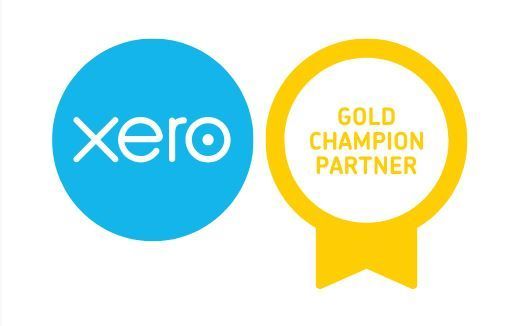ATO 3 key focus areas for this tax time
The ATO announces its priorities for Tax Time 2024.
As tax time approaches, the ATO has announced it will be taking a close look at 3 common errors being made by taxpayers:
- Incorrectly claiming work-related expenses
- Inflating claims for rental properties
- Failing to include all income when lodging
Work-related expenses
Last year the ATO revised their fixed rate method of calculating a working from hoe deduction to broaden what is included, increase the rate and adjust the records you need to keep.
These changes are now in full effect this financial year, meaning you must have comprehensive records to substantiate your claims as you would for any other deduction.
You need records that show the actual number of hours you worked from home (e.g. a calendar, diary or spreadsheet) and the additional running costs you incurred (e.g. copies of your internet or electricity bill).
Remember there are 3 golden rules for claiming a deduction on any work-related expense:
- You must have spent the money yourself and weren't reimbursed
- The expense must directly relate to earning your income
- You must have a record (usually a receipt) to prove it
Rental Properties
ATO data shows 9 out of 10 rental property owners are getting their income tax returns wrong. This year the ATO will be particularly focused on claims that may have been inflated to offset increases in rental income to get a greater tax benefit.
Performing general repairs and maintenance on your rental property can be claimed as an immediate deduction. However, expenses which are capital in nature are not deductible as repairs or maintenance.
You can claim an immediate deduction for general repairs (e.g. replacing damaged carpet or broken windows). If you were to rip out an old kitchen and put in a new and improved one, this is a capital improvement and is only deductible over time as capital works.
As reporting rental income and deductions can be complex, many individual rental owners choose to use a registered tax agent to help them prepare their tax returns.
Get it right - wait to lodge
The ATO is warning against rushing to lodge your tax return on 1 July.
If you have received income from multiple sources, you need to wait until this is pre-filled in your return before lodging.
"We see lots of mistakes in July where people have forgotten to include interest from banks, dividend income, payments from other government agencies and private health insurers. For most people this information will be automatically pre-filled in their tax return by the end of July. This will make the process smoother, save time and help you get your return right.
You can check if your employer has marked your income statement as 'tax ready' as well as if your pre-fill is available in myTax before you lodge, that way an amendment doesn't need to be made later".






